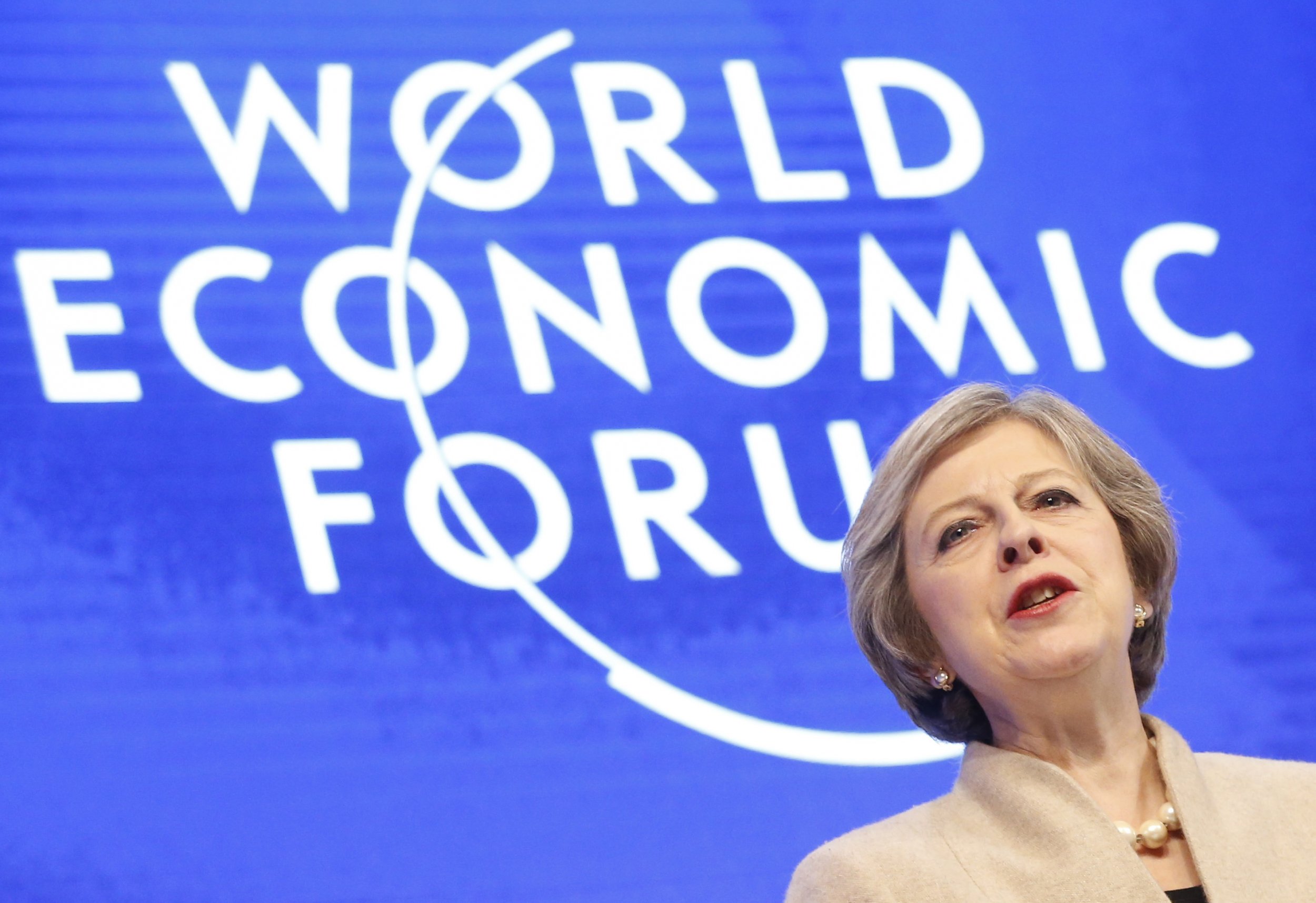
This article was originally published on The Conversation. Read the original article.
Theresa May has made clear that the U.K. government's Brexit strategy is to leave the single market and customs union. It ends months of speculation over whether or not it will be a "hard" or "soft" Brexit.
The one audience that was prepared for this, it seems, was the City of London. In fact, The CityUK, the finance industry's main lobby group, recently published a list of its key Brexit priorities for the U.K's financial services industry. It had one glaring omission: it did not ask the government to maintain its financial passporting rights.
These passporting rights are a key consequence of single market membership. They mean that authorization granted to a banking business in one member state will suffice for operations across the EU. The City had worried for months that if the U.K. departs from the single market it would lose them.
But clearly it realized before the rest of us that the government could not be convinced to keep Britain in the single market. And this means that, instead of lobbying for a soft Brexit, financial services firms will start lobbying for other ways to recoup their losses. These will inevitably include perks and kickbacks, usually of the tax-cut variety, to stop companies jumping ship when the U.K. leaves the EU.
The government will be more than happy to oblige. As the new chancellor of the exchequer, Philip Hammond, recently indicated, the U.K. could well take advantage of its anticipated "freedom from EU law" to become a tax haven by "changing its economic model to regain competitiveness" vis-a-vis Europe.
Restoring balance
Let's take Theresa May at her word and assume the U.K. leaves the single market. The loss of passporting rights will not mean that the heady proportion of GDP contributed by financial services will disappear in its entirety. PwC estimates that the value of financial services to the economy will decline by roughly 6-10 percent by 2020, representing a reduction of around £7-12 billion, with some significant (but not overwhelming) corresponding loss of employment.
The reason that an exit from the single market is severe for financial services is rather mundane. It is a matter of increased costs and upset balance sheets. No one is suggesting that banks headquartered in Britain will no longer be able to do business in Europe. It will just cost them more: compliance and administrative costs will increase markedly with the loss of passporting rights.
While this does not mean that banks will close (after all, major banks already have a presence on the continent), it does suggest banks will incur heavier costs. Some funds will need to move to the continent if accounts in euros can no longer clear from London. And, with this, some (but not all) jobs will go.
The cumulative impact of a hard Brexit is that Britain will present a very different proposition to businesses than it does now. This difference amounts to a few billion pounds wiped off the country's GDP—not apocalyptic, but it is bad and unavoidable if access to the single market is lost.
Nonetheless, the banks now accept this and will work their damnedest to reduce the impact on their balance sheets. Remember, though, that the banks are not so concerned about the impact on the rest of us. While some may bid good riddance to the bankers, there is another knock-on effect of a reduced City: tax revenues.
The British purse will face a sharp decline if significant amounts of economic activity migrate to the continent. This, on top of increased budgetary needs due to a deteriorating economy (especially since the U.K. runs a budget deficit at around 4 percent at the moment) will hard hit state finances.
Can other business, attracted from overseas, compensate? After all, one could point to banks operating successfully in countries outside the EU. Before Britain's referendum on EU membership, many argued that reduced connection with Europe frees up options for increased trade in services (including financial services) beyond Europe.
Some non-EU business is certain to come in, but this may not be the sort of business one wants. The U.K. cannot, and should not, seek to become a big-island tax haven. It cannot jump from being the centre of European finance to Singapore-by-the-channel.
The price to pay for attracting international funds would be more tax breaks and sharper tax cuts. This will not compensate for the loss of tax income caused by losing the passport, even if it helps firms retain a presence in London. It certainly won't make paying for the NHS any easier for the Treasury.
Ioannis Glinavos is a senior lecturer in law at the University of Westminster.
Uncommon Knowledge
Newsweek is committed to challenging conventional wisdom and finding connections in the search for common ground.
Newsweek is committed to challenging conventional wisdom and finding connections in the search for common ground.
About the writer
To read how Newsweek uses AI as a newsroom tool, Click here.








